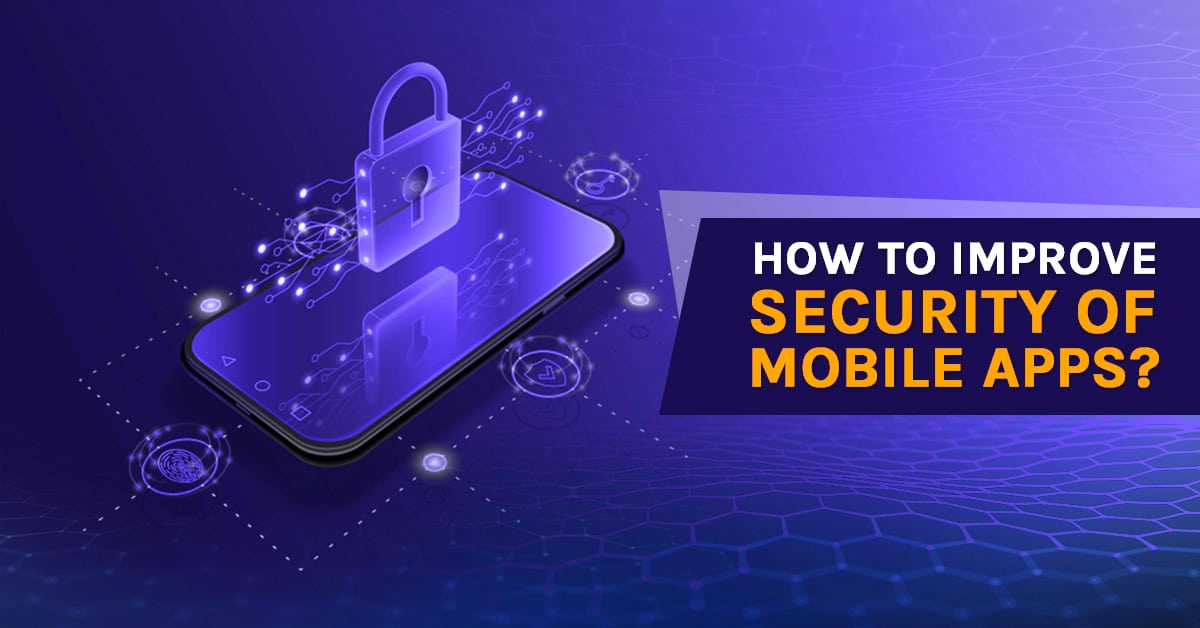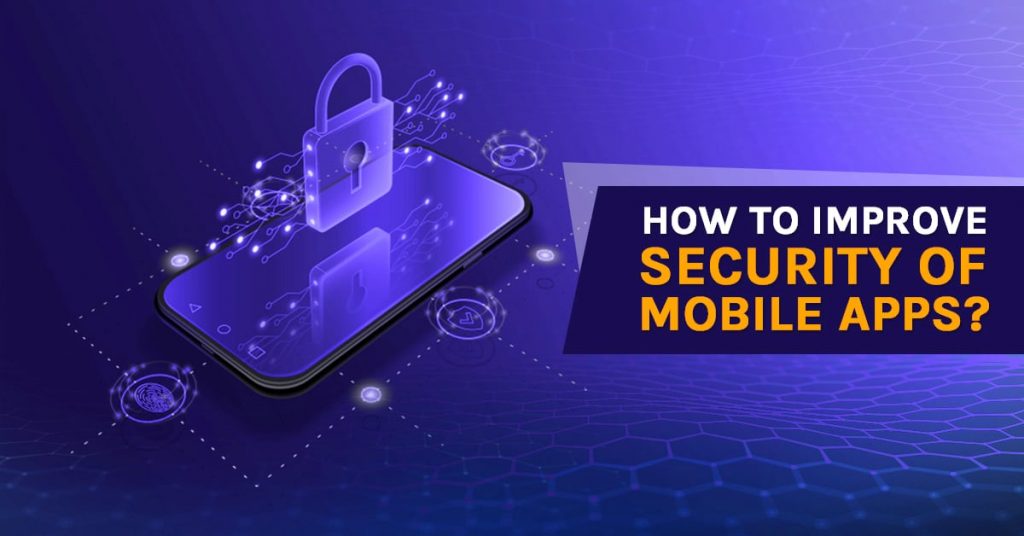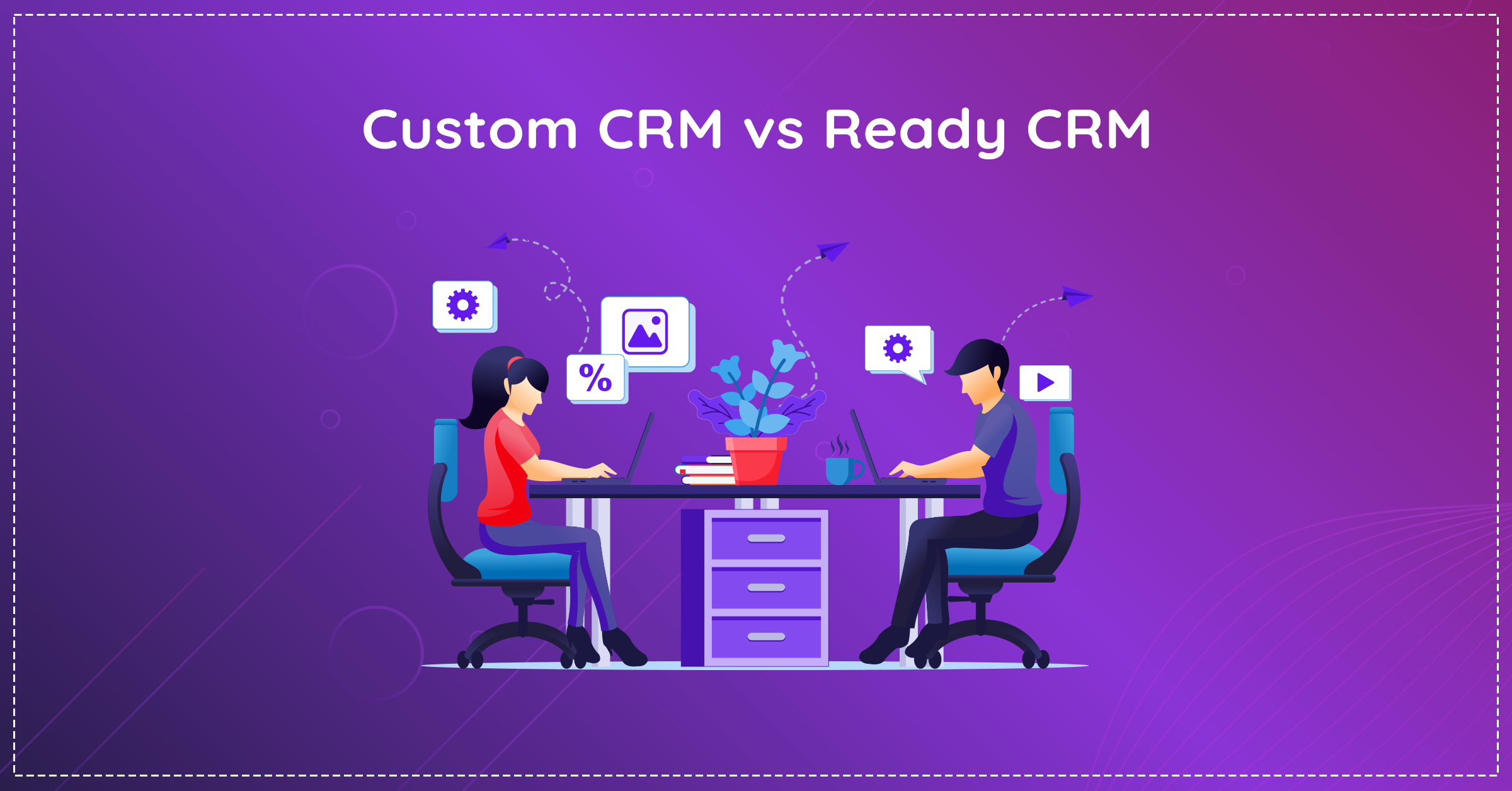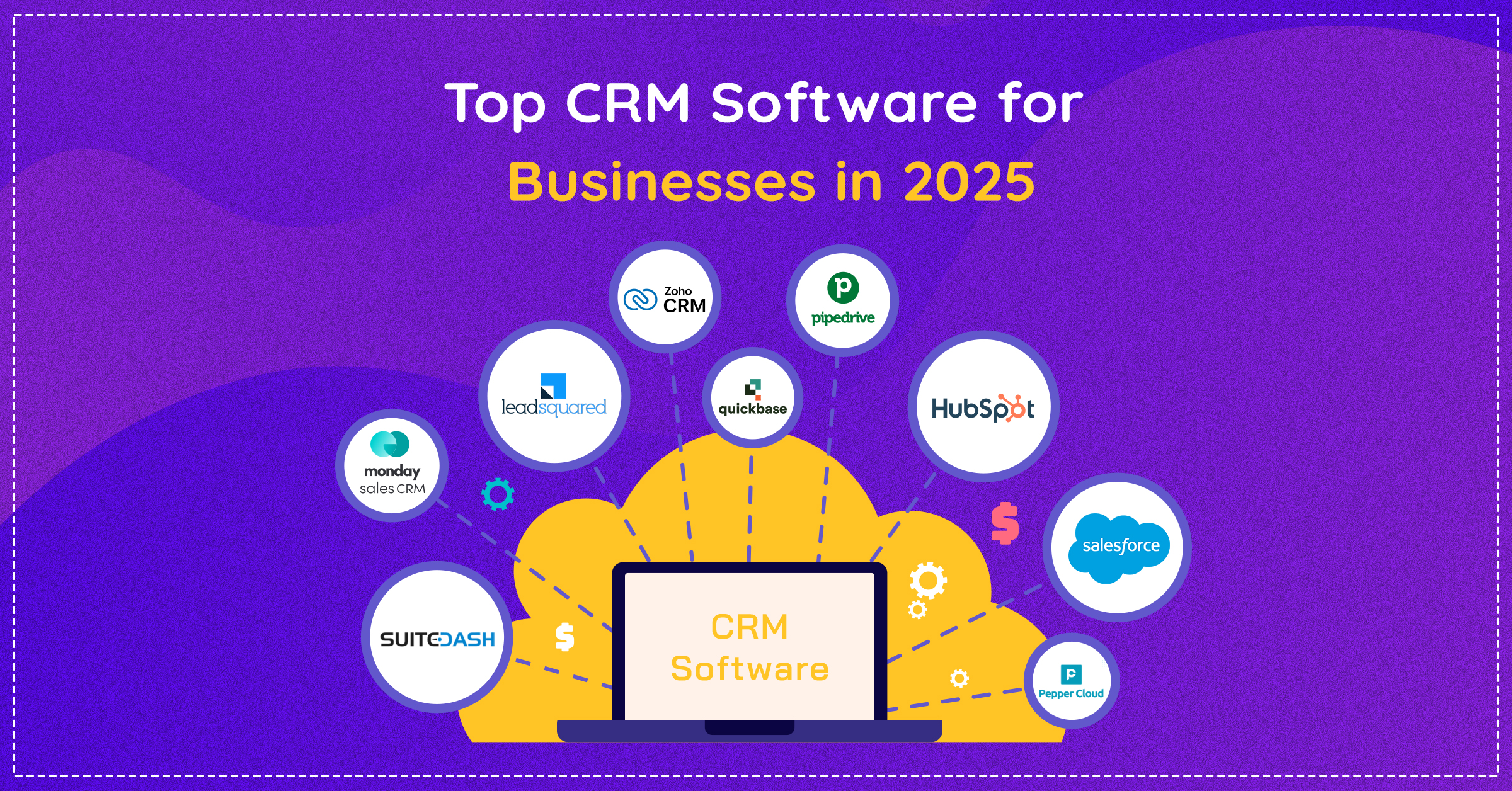
In the past decade, mobile apps have taken over the world. From booking tickets to banking to paying bills to buy commodities, we use apps on our smartphones for everything.
As smartphones are becoming more affordable and data prices all over the world are at an all-time low, the number of users is going to double over the next few years. Our homes, workplaces everything is interconnected with each other creating a web of network. This software is further connected to APIs, servers around the globe to deliver data and services to users.
But with cybercrime incidents increasing every moment and systems being bombarded by threats every second, it is important that this whole network is secured by a robust and well-engineered system. Without this armor, organizations are at risk of not only jeopardizing their apps and products but also their customer’s sensitive and private information which could cause massive economic loss and privacy breaches thus ruining their reputation.
A report from Arxan Technology’s 2016 State of App Security stated that 90% of surveyed apps had at least 2 out of 10 OWASP’s major security risks. It also stated that more than half of the organizations don’t have any amount of their budget allocated for mobile app security. This raises a serious question on the reliability and trustworthiness of apps in which you carry out such sensitive and crucial tasks.
What can hackers do to you?
- Inject malware and trojans into apps and devices. This then allows them to access all your data, keystrokes and passwords.
- Tamper the code of your app and present it to you a fraudulent version of the same.
- Intercept sensitive information whenever you’re carrying out tasks on your smartphone.
- Access your IP address, jeopardize your company’s security and get a hold of your Intellectual property.
Having proper security measures is important despite the purpose your app serves. This is even more important for apps like banking, e-commerce and social networking which deals with customer’s personal information and involves transactions.
So, what can you do to increase your App’s security?
Security for an app is not linear. It is multilayered and the security of each layer plays a key role in the overall security of the app. The software code, the back end network involving the client’s details, the databases, operating system, API’s all have to secure.
Here are some important tips on how you can make your app more secure:
1. Secure your App’s Code
The security of the core foundation of an app i.e. the code should be the utmost priority of an organization. While web applications exist securely on highly complex servers and the browser is just an interface, native apps exist entirely on the user’s smartphone, making the code more vulnerable to attacks.
Such vulnerabilities can arise either due to human error in coding by the developer, improper testing of the code or maybe you are the unlucky one that has been targeted by hackers with malicious intent.
- The app code should be encrypted, making it hard to read. Modern algorithms along with API encryption and obfuscation and minification should be used.
- Through testing of the app code along with the source code further decreases the chance of vulnerabilities.
- The code should be agile as that users don’t get updates after their app has been breached. The secure app code should be portable across devices and operating systems.
- The code should be easy to patch and update.
- While adding more and more layers of security is important, it will increase the size of the app and may decrease performance. So things like file size, runtime memory, data consumption, battery usage, performance should be kept in mind.
- Though now stores only allow approved apps, that doesn’t necessarily mean that the app is secure. It’s best not to rely on that and keep modifying your code in order to prevent data breaches.
2. Secure Back End
Be it your own or a third party server that your app’s API is accessing, it should have robust security measures in place to prevent a data breach and unauthorized access. The APIs should be verified to prevent any eavesdropping that could be taking place thus jeopardizing the client’s sensitive information.
- Create encrypted containers to store important data. This process is called Containerization
- Hiring a network security specialist to conduct regular penetration testing and vulnerability check to ensure smooth and secure functioning.
- Extra layers of security like VPN (Virtual private network), SSL(Secure sockets Layer), TLS(Transport layer security) add to database encryption.
- Next-level security measures like Federation where resources are spread out across servers so that they aren’t in the same place ensures minimum loss in cases of high-level breaches.
3. Solid API Strategy
A large portion of your app is securing its API. API’s flow data between several applications, the cloud servers and multiple users simultaneously authorizing and verifying who can access the data. They are the main channels for content, data, and functionality, the reason why securing API is so important. Furthermore, Identification, Authentication & Authorization are the main security measures which lead to the compromise of a well-engineered API.
4. Good Mobile Encryption
Native apps need to store data locally to adjust performance due to varying bandwidth and performance across devices. This makes them more vulnerable to data breaches.
Many third-party apps are there in the market which sell your personal data to other companies thus putting your privacy and identity at risk.
- File-level encryption is a good way to encrypt data so that it can’t be read even if hackers got their hands on it. This process ensures the protection of data on a file to file basis.
- Encrypting local databases using software like Appcelerator Platform which offers encrypted SQLite modules so that data which is stored locally is safe.
- Key management should be a priority. A strong algorithm won’t matter if the app’s keys & certificates are vulnerable. Any encryption is questionable if the key is shipped with the app’s byte code.
- If your apps store the sensitive private information of users like their passwords, banking details, etc. make sure that it is not stored locally on the device and stored somewhere in a secure server so as to prevent any misuse by hackers.
5. Device Protection
Not every security aspect is up to the developers. If your device on which you are accessing the app is compromised then there are high chances of the security breach and information theft.
- Avoid using jailbroken IOS or rooted Android devices as they tamper with the built-in security protocols making your smartphone/device more exposed to security threats. Additionally, they also remove the warranty of the device, so that’s something to keep in mind.
- Download apps only from trusted sources and read reviews. Use a good anti-virus for your smartphone so as to scan each individual app.
6. Multiple App Testing
Testing multiple times is a crucial part of an overall app development process. With apps being produced at such a rapid rate, this process of often overlooked by developers.
Testing is done to detect any vulnerabilities in the code or any errors in the code to ensure an error-free final version.
- Penetration testing allows testing a system for any weakness.
- Authentication, authorization, data security issues, and session management should be thoroughly tested.
- Emulators and virtual boxes allow testing in various simulated environments to ensure smooth and secure functioning in any possible scenario.
7. Identification, Authentication & Authorization
Authentication & Authorization allows developers to add another extra layer of security to an application thus enhancing its armor.
- If your app is dependent on a third-party API for functionality, then proceed with caution. To ensure maximum security make sure that the API is able to access parts of your app essential to maintain minimum vulnerability.
- JSON Web Tokens used for encrypted data exchange are lightweight and ideal for mobile security.
- OpenID Connect – It is a federation protocol specifically designed for mobile platforms. It allows users to use the same login details across multiple domains with a token ID. This removes the hassle of registering un-necessarily at each point.
- OAuth2 is regarded as the gold standard for managing secure connections via user-specific one-time tokens. Once you install this on your authorization software, you can customize it according to your needs which will allow you to grant user permissions between the client and end-users.
8. Be Aware
MDM or Mobile Device Management products like Airwatch and MobileIron are worthy investment options if your employees use their own devices which expose the network to more security threats.
- Implement a secure connection using a VPN
- Block unauthorized devices and place various firewalls to prevent viruses, non-essential apps, and spam software.
- Risk-Awarding devices so that apps don’t work on Jailbreak or Rooted ones.
These are some security measures you can implement to ensure safety across all tiers of your app for worry-free rich user experience. As a user, he/she will have peace of mind that their private data is safe with you and as a company, you will create a strong culture of security and responsibility. [/vc_column_text][/vc_column][/vc_row]






